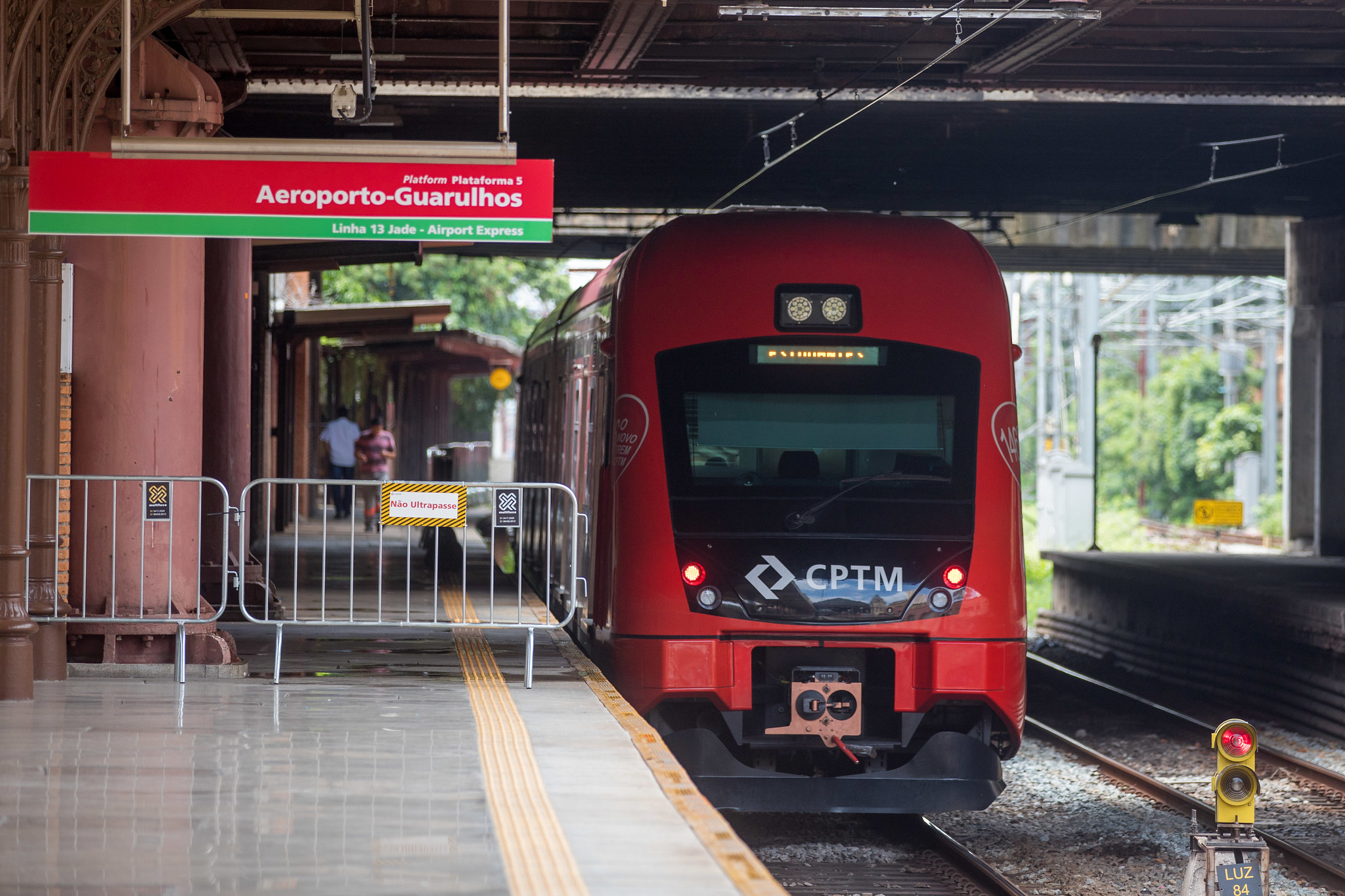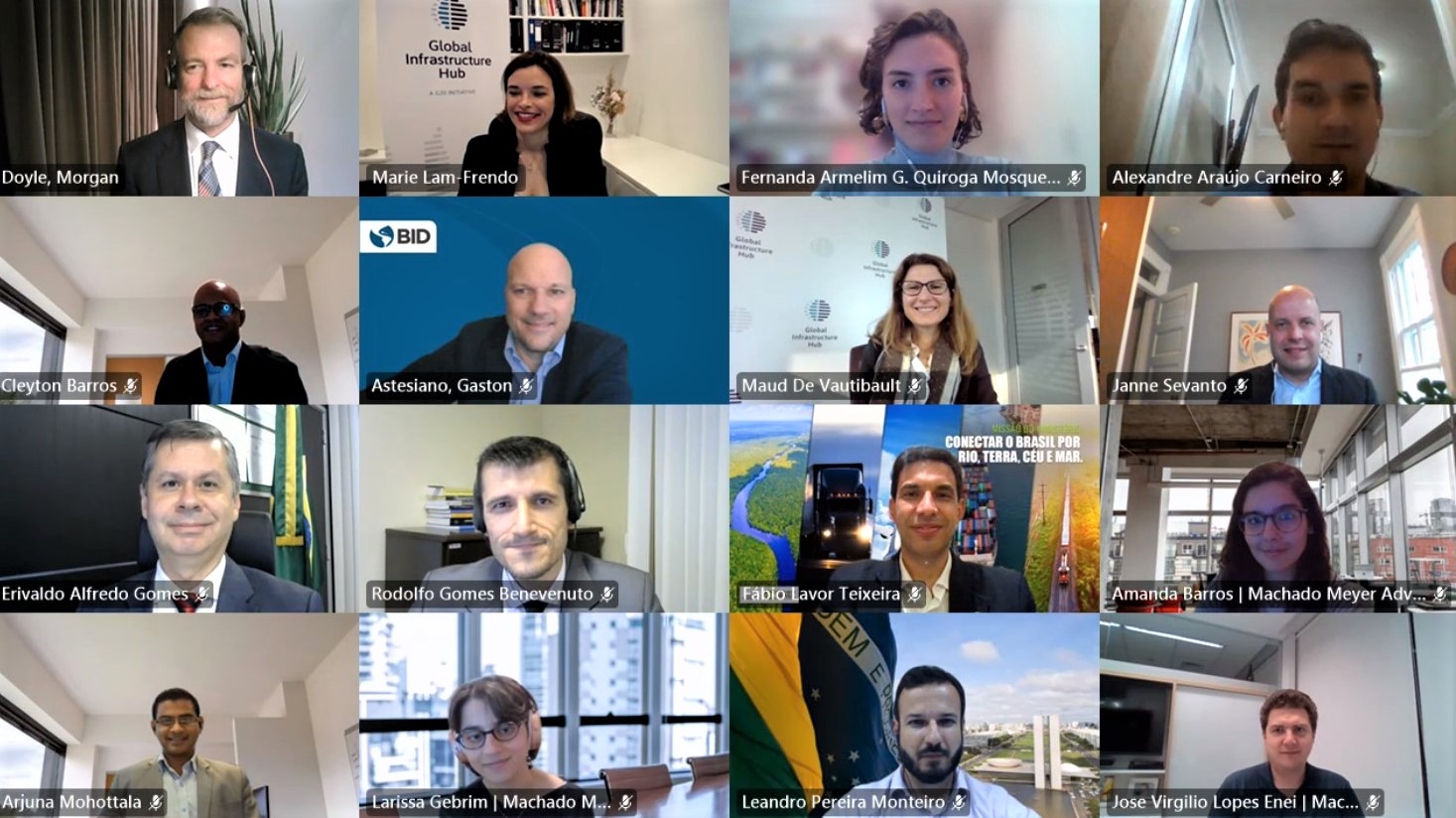 Back
Back
Brazil
Find tools, articles and resources related to Brazil's infrastructure market.
Infrastructure market overview - Brazil
*GDP per capita and population data as of 2021. All other data as of 2019. Infrastructure Quality rating on a scale from 0 (worst) to 100 (best).
Discover and compare enabling environment indicators for countries in our InfraCompass tool

Brazil’s infrastructure investment
Infrastracture investment by sector
 Hover over each sector to view more information and click to take a closer look at the sub-sectors in the sector
Hover over each sector to view more information and click to take a closer look at the sub-sectors in the sector
 Tap on each sector to view more information
Tap on each sector to view more information
Text Summary
Infrastracture investment by outcome
 Hover over sector or outcome to highlight the streams.
Hover over sector or outcome to highlight the streams.
Case studies

Recent resources
The G20 Brazilian Presidency and the Australian Co-Chair held the third Infrastructure Working Group (IWG) meeting in Foz do Iguaçu, Brazil, in June, which consisted of five sessions: Linking Infrastructure and Poverty Reduction, Delivering Cross-Border Infrastructure, Financing Climate-Resilient Infrastructure, Infrastructure Global Trends, and Mitigating Exchange Rate Risks. Henri Blas, Program Lead for the Global Infrastructure Hub, participated in session four of the meeting focused on Infrastructure Global Trends.
Pre-COVID-19, two Sao Paulo metro lines carried 1 million passengers daily. A demand sharing mechanism encouraged private sector investment in the concession contract.
Despite abundant surface freshwater, only 84% of Brazil’s people have access to potable water, and only 50% have access to sewerage. Insufficient public funds and limited use of private capital have resulted in limited progress in improving access to water and sanitation. The Corsan Water Supply, Efficiency, and Resilience Project is leveraging private financing to address losses in water distribution and mitigate climate change risks.
To increase its global competitiveness, Brazil created an ambitious strategy to attract more private investment in its infrastructure. A partnership with the Global Infrastructure Hub helped Brazil implement and realise this strategy.

Brazil is positioned to attract more private sector investment into infrastructure and to bring further bankable projects to market following an 18-month engagement program between the Global Infrastructure Hub (GI Hub) and the Brazilian Government.




